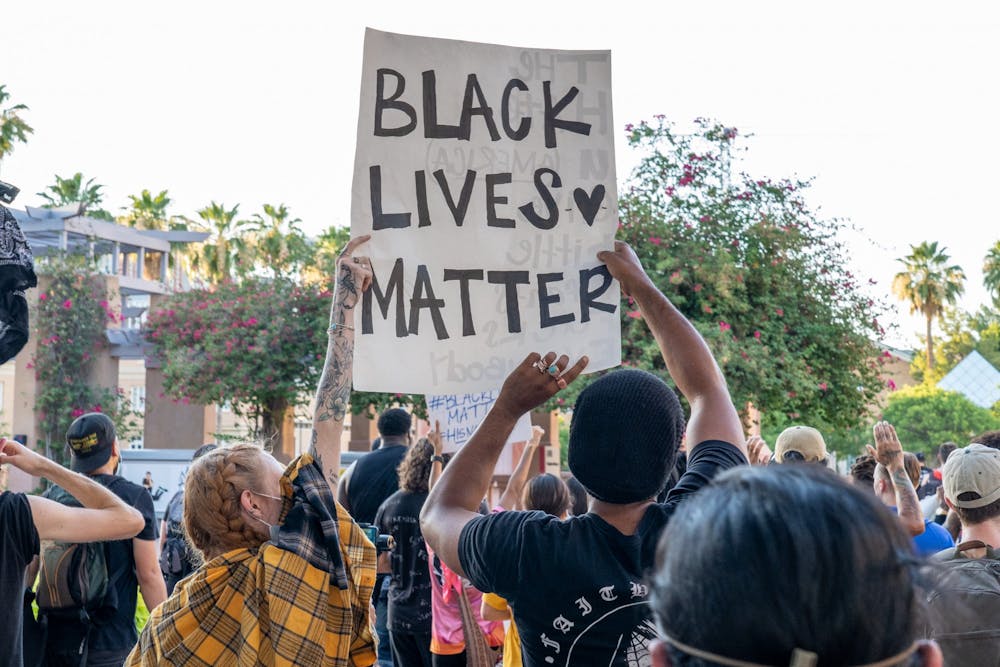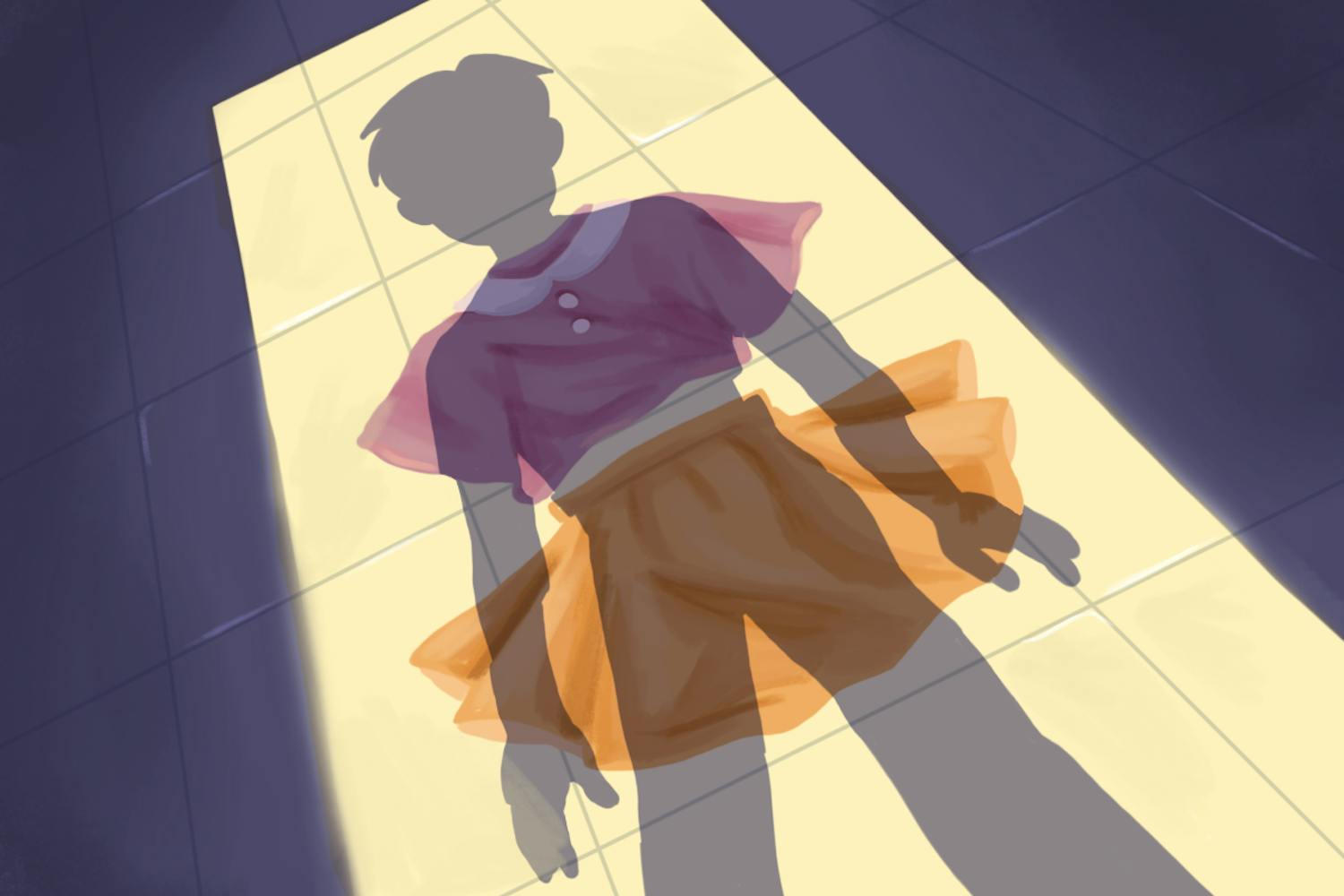Michael Eric Dyson spoke to students about racial disparities that continue to exist in American society in a new ASU online speaker event on Thursday night.
Dyson is the author of seven New York Times bestsellers and a professor of African American and Diaspora Studies in the College of Arts & Science at Vanderbilt.
Dyson is the first of three speakers lined up for the "TomorrowTalks" series at ASU, a student-engagement initiative led by the Division of Humanities in The College of Liberal Arts and Sciences.
Dyson focused on the pain that drove him to write his latest book, "Long Time Coming: Reckoning with Race in America," while sharing his views on the history of the treatment of the Black community in America.
"When I saw the George Floyd video I was angered, grieved, frustrated and depressed," Dyson said. "Here we are once again, confronting this unenviable explosion of racial animus against a Black body that continues to be vulnerable."
He listed the names of over 10 Black men and women who have been murdered by police. He explained how the senselessness of their deaths drove him to draft letters his book consists of. Dyson spoke most passionately about the death of Elijah McClain, saying it was the most difficult letter to write.
"He begged them (for his life), these big, hulking, policemen and they rendered him unconscious twice," Dyson said. "What broke my heart was listening to him plead for his life in every way that he could."
Dyson said recent Black Lives Matter movements would have had the same impact on society without people being quarantined due to the pandemic.
"I think with many of us being home when the George Floyd murder hit, we felt a kind of identification with him we might not have felt before COVID," Dyson said. "Technology has allowed us to become much more intimate in a way that beforehand we thought was a division.
"So I think you're right, when we saw George Floyd and we saw him die, it struck us in a way that felt personal because I'm used to seeing my kids, my uncle, my momma, that's how we talk now, he felt like one of the family."
Dyson commented on how many social and economic factors — such as skin color, perspective and profession — play into society's view of success between white and Black people. He portrayed rappers like Tupac, Nas, Jay-Z and Biggie Smalls as pioneers of "hustle culture," even though they are viewed differently from white "hustlers."
"There is often a discounting of Black intelligence. Just as there was a discounting of Black humanity," Dyson said.
He also brought up historical context of writers and poets such as Phillis Wheatley and Pauline Hopkins, Black artists who he believes have been deeply under appreciated by American society.
"Black literacy has been disrespected and disregarded from the get-go. And those are people with degrees and acknowledged high eloquence," Dyson said.
One student asked Dyson how he recommends talking about racial justice in the classroom while remaining sensitive.
"The impulse to try to address these issues is good, it's a powerful one, and in the right kind of classroom that discusses things openly and honestly, there's no question that it's extremely difficult, but necessary, to have these conversations if we're going to have any progress," Dyson said.
The next speaker in the TomorrowTalks series is Melinda Gates on March 18.
Reach the reporter at jspange1@asu.edu and follow @jspangenthal94 on Twitter.
Like The State Press on Facebook and follow @statepress on Twitter.
Continue supporting student journalism and donate to The State Press today.

Justin Spangenthal is a reporter for The State Press, currently covering Men's Golf and Track and Field. Justin transferred to ASU last January and is planning to graduate Fall '23. He is passionate about journalism and hopes to one day launch his own media outlet.




